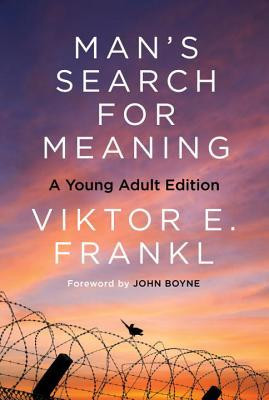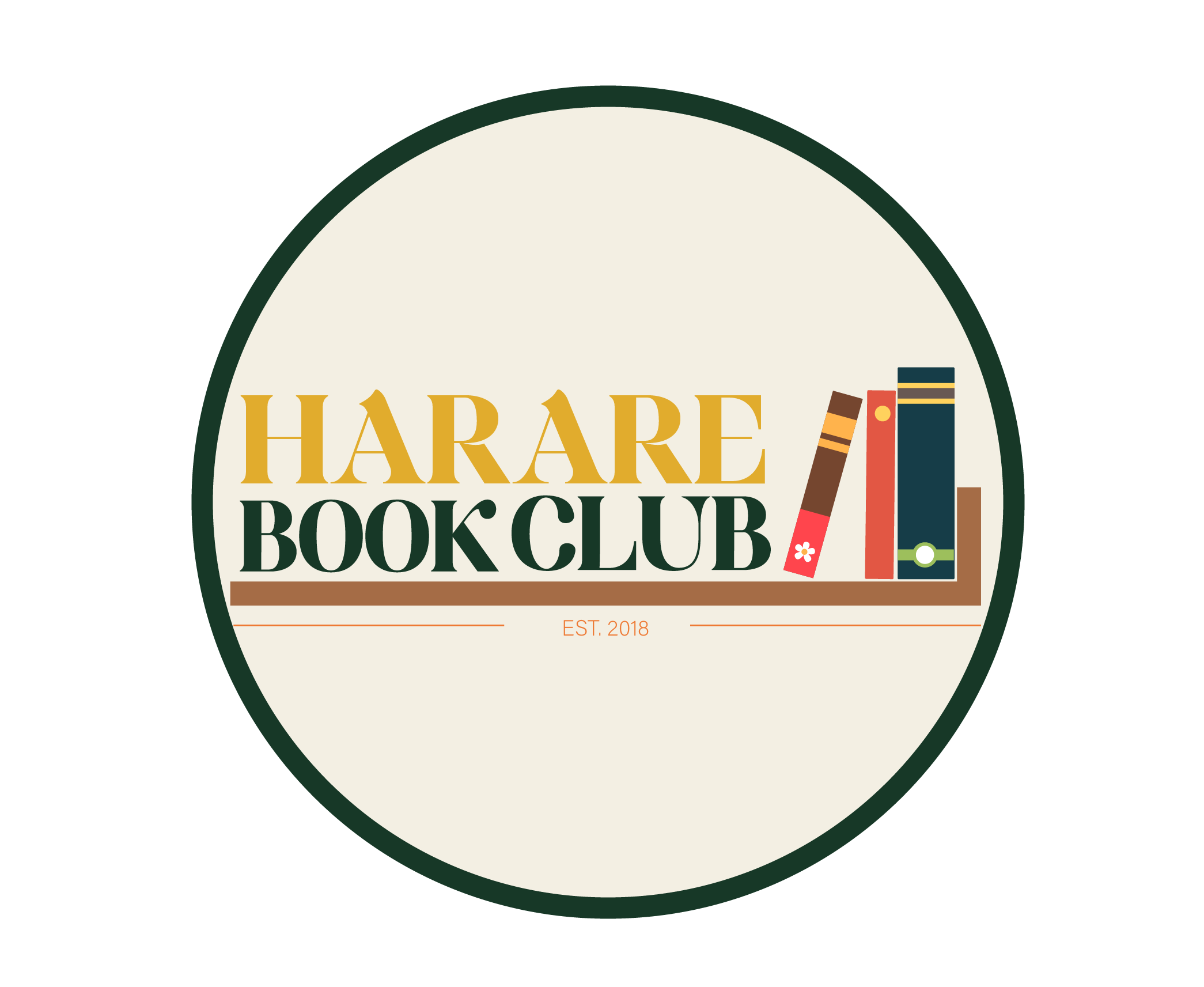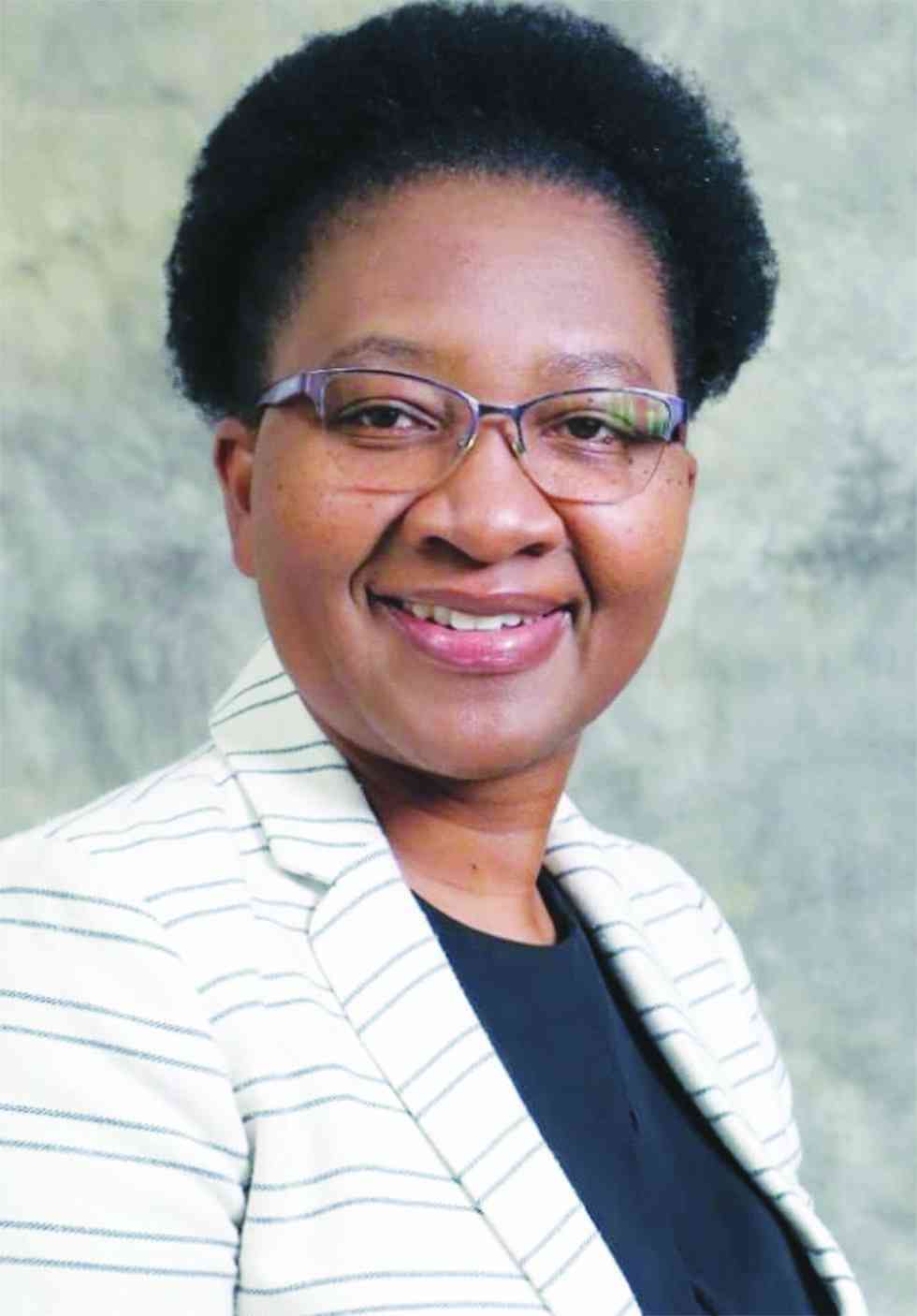
THIS week’s book review is for anyone who is questioning the ‘why’ to all of it, it is for anyone who has asked “so what’ for the few who often ask, ‘what is all this for’.
It is for hopeless romantics, for the entrepreneurs, social activists, struggling Zimbabweans, leaders and change makers who are often faced with existential challenges.
It is a book review for the reviewer chiselling words between pen and page wondering if any of it matters in the end. Man's Search for Meaning by Viktor E. Frankl originally titled From Death-camp to Existentialism is a profound and thought-provoking memoir that delves into the author's experiences in Nazi concentration camps during World War II.
Frankl, a Holocaust survivor and psychiatrist, recounts the brutal conditions, struggles, and insights he gained from his time in the camps as a backdrop to frame what he believes to be the meaning of life.
The book is divided into two parts. The first part narrates Frankl's experiences in the concentration camps, including Auschwitz (One of the deadliest concentration camps, located in modern-day Poland.
Also known as Auschwitz-Birkenau where 1,1 million Jews were exterminated), while the second part introduces his concept of logotherapy, a form of psychotherapy that is focused on the future and our ability to endure hardship and suffering through a search for purpose.
Frankl argues that finding meaning and purpose in life is the primary driver of human existence. He emphasizes that meaning can be found in three ways: through work, through love, and through suffering.
Frankl's logotherapy is rooted in his belief that individuals can find ways to create meaning and purpose even in the most challenging and inhumane conditions.
- A memoir of loss and of faith
- A memoir of loss and of faith
- ‘That which does not kill me, makes me stronger’
Keep Reading
He draws on his experiences in the concentration camps to illustrate how prisoners found ways to maintain hope, dignity, and meaning despite the brutal circumstances.
In his narration of time spent during the concentration camps, most hours were spent doing some form of labour, as a doctor he often found himself in the healing huts tending to sick prisoners, it is in his service as a prisoner in saving the lives of other prisoners he derived meaning.
Furthermore, on gloomy days when it seemed he could not stand the torment and pain of camp torture, he often drifted away daydreaming about his wife, having conversations with her in his mind transporting his mind to a space free from his physical suffering.
Love he quotes is the ultimate and highest goal to which a man can aspire. The salvation of man is through love and in love.
Throughout the book, Frankl grapples with existential and spiritual questions, including the nature of humanity, the existence of God, and the meaning of life. He also explores the psychological and philosophical insights he gained from his experiences, including the importance of attitude, the role of hope, and the search for meaning.
He quotes Nietzsche, famous line “That which does not kill me, makes me stronger” to further buttress the idea that we are ultimately responsible for how our life’s experiences shape us to become.
One of the most significant aspects of Frankl's narrative is his description of the psychological and emotional struggles prisoners faced in the camps. He recounts how prisoners coped with the trauma, fear, and despair that surrounded them.
He speaks about how the battle of being a prisoner was really a mind game, once a prisoner gave up hope in an environment that offered a 7% chance of survival, one would lose the survival battle.
Frankl also highlights the importance of human relationships, compassion, and empathy in the camps as the fabric with which survival was anchored upon.
Frankl's writing is clear, concise, and deeply moving, making this book an unforgettable read. His story serves as a testament to the human spirit's capacity for resilience, hope, and survival.
This book is a must-read for anyone interested in psychology, philosophy, history, or the human condition. As I was reading this book in preparation for this review, I reckoned this book is a must read for Zimbabweans, for Africans whose capacity for resilience has been tested unreservedly, for lovers whose love has been tested over and over again by day-to-day realities of life.
In addition to its personal and historical significance, Man's Search for Meaning offers valuable insights into the human search for meaning and purpose. Frankl's logotherapy provides a framework for understanding how individuals can create meaning in their lives, even in the face of adversity.
This book has had a profound impact on my life as a reader, inspiring me to re-evaluate my own life and search for meaning within the corridors I traverse as a young woman existing in our generation. Frankl's story serves as a reminder of the importance of living a purposeful and meaningful life.
Until the next one.. Happy reading
Dhliwayo is an acclaimed restaurateur, award winning creative designer, photographer and entrepreneur. She is the founder and CEO of award-winning nutrition start-up Yanaya A Healthy Lifestyle, which is Zimbabwe’s first healthy food bar chain that is disrupting how people eat. Yanaya A Healthy Lifestyle has won numerous awards and serves as the first start-up to offer physician approved meals that cater for people with various health conditions from diabetes to hyperinflation. Nyary, as she is often referred to, continues to launch pioneering products into the market having recently launched a dairy free yoghurt range selling in stores nation wide. She continues to apply her creative mind to bring much needed innovation into the food industry. Her creative work and photography has caught the attention of local and international exhibitions. She holds an Honours in Design and Photography from Stellenbosch University (South Africa).










